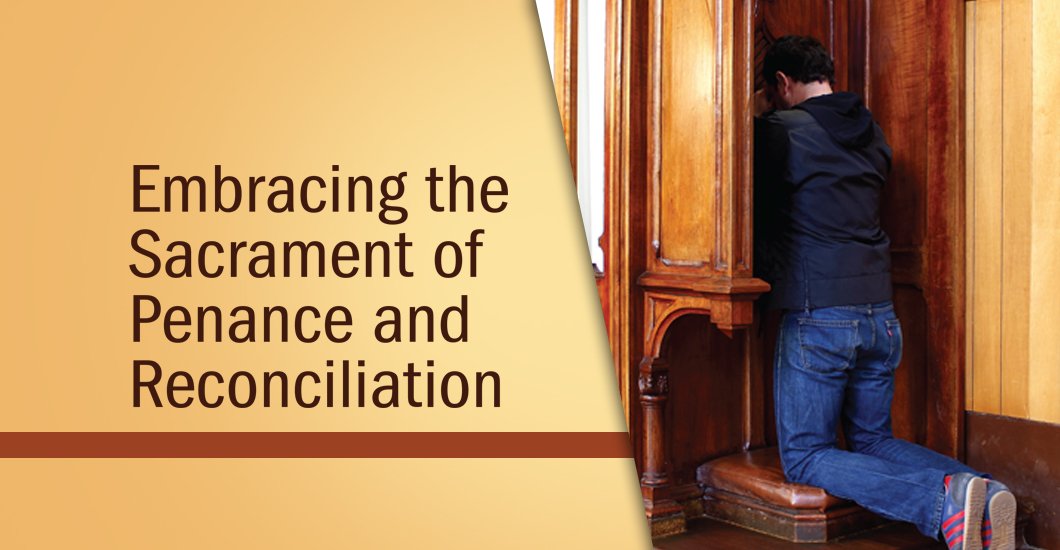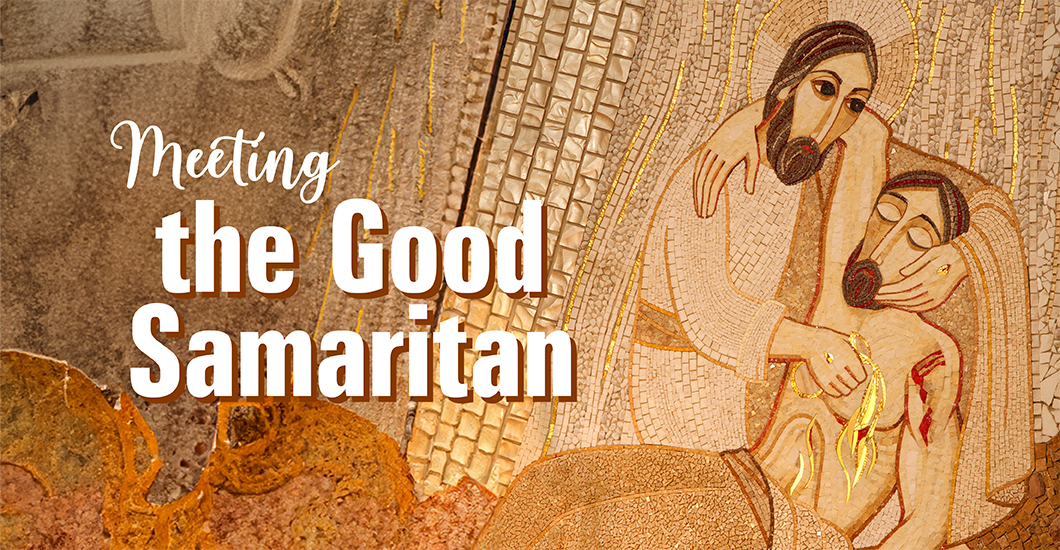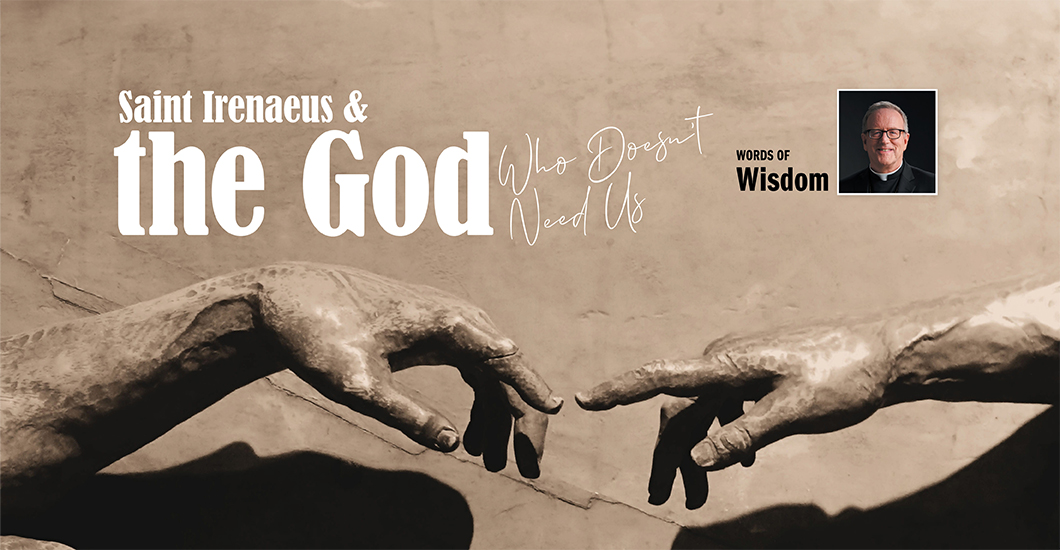Trending Articles
Embracing the Sacrament of Penance and Reconciliation
Many of us who grew up in the Catholic faith were told that confession is good for the soul. However, as children preparing for the Sacrament of Confession, most of us were rather anxious about entering the darkened confessional booth and sharing our deepest, darkest secrets with the parish priest.
Once we entered the confessional, despite being nervous about using the correct liturgical wording and format, we quickly discovered that it was fairly simple and straightforward, and we wondered why we had been so fearful. Nevertheless, we were in no hurry to return to the confessional booth.
As Catholics, we are only obligated to confess our mortal (serious) sins to a priest once a year. Mortal sin kills our supernatural soul and severs our relationship with God. Although the number of Catholics partaking of the sacrament has steadily decreased over the past four to five decades, there has been a recent trend among Catholics to confess more frequently in order to sacramentally receive God’s sanctifying grace and thus deepen our intimate relationship with God.
Unfortunately, there has been great misunderstanding about the Sacrament of Reconciliation (the name to which it is most often referred) which has kept many Catholics from receiving this vital sacrament. Most of the confusion stems from the erroneous belief that Catholics are confessing their sins to a man (the priest). But, the priest acts in Persona Christi, that is in the person of Christ. So we are confessing our sins to Christ. In addition, during the past several decades people have developed a decreased sense of sin. Rather than acknowledging and admitting to sin people rationalize and deny sin. Not only does rationalizing mitigate and eliminate the perception of sin, but it often leads to more serious sin.
In Matthew 9:6 (NABRe), Jesus says of himself, “But that you may know that the Son of man has authority on earth to forgive sins.” Then Jesus exercises His authority when He says to the paralyzed man, “your sins are forgiven.” This passage concludes by informing us that the crowds were awestruck and they glorified God, “who had given such authority to human beings.” Jesus was given the authority to forgive sins by His Father.
On the night of the resurrection, Christ appeared to the disciples and said, “Peace be with you. As the Father has sent me, so I send you.” And when He had said this, He breathed on them and said to them, “Receive the Holy Spirit. Whose sins you forgive are forgiven them, and whose sins you retain are retained” (John 20:21-23, NABRe). As we can see in this passage, Christ instituted the Sacrament of Reconciliation for the Church.
After the resurrection, Jesus knew that He would no longer remain with the Church in human form as He would be ascending to heaven to sit at the right hand of His Father; therefore, Christ conferred the power to forgive sins to His disciples in order for the Church (which would be the continuation of His presence until the end of time) to offer forgiveness to generations in the future. According to Archbishop Fulton Sheen in “Life of Christ,” “Just as Jesus’ own human nature was the instrument in His divinity in purchasing forgiveness, God would forgive sins through men, who were the appointed ministers of His forgiveness.” Therefore, the power of forgiveness and reconciliation has been acquired by the price of Christ’s blood.
Sin not only disrupts our relationship with God, but it damages our relationship with others in the community (the Church). Despite being cleansed of original sin through baptism, Christ knew that human beings by nature were imperfect and would continue to sin. Christ’s plan for rectifying this was to establish a sacramental mechanism for man to repair his relationship with God and with his fellow man (the Church) for sins committed after baptism.
In seeking and receiving God’s forgiveness, we sacramentally receive God’s mercy and grace. Grace is a gift of the Spirit that sanctifies us and justifies us. According to the “Catechism of the Catholic Church” (“CCC”), “grace is participation in the life of God” and it “introduces us into the intimacy of Trinitarian life.” When we partake in the Sacrament of Reconciliation, we obtain the following benefits:
1. Through the examination of conscience, we are forced to recognize our shortcomings and faults. By confessing our sins aloud, we overcome pride. We are thus reminded that we are imperfect beings who need to rely on God in order to overcome our sins and to grow spiritually.
2. When we are forgiven, our guilt is erased and the heavy burden of sin is lifted from our shoulders. We are pardoned from eternal punishment incurred by mortal sins. In addition, we are remitted, in part, from temporal punishment for venial sins. Through the healing power of forgiveness and reconciliation with God and the Church, our peace of mind is restored and we experience spiritual consolation.
3. Jesus’ call to conversion is made sacramentally present in the Sacrament of Reconciliation. We regain our baptismal grace and heal our wounded ecclesial communion. This permits us to become more holy, more saintly, and more conformed to the image of Christ. Through sacramentally receiving Gods’ mercy, we are encouraged to be merciful to others.
4. With our conscience purified, we receive the Holy Spirit’s gift of counsel, which enlightens us to resist temptation and evil and to make the right moral choices. When our self-control is tempered, we are more determined to follow God’s Will. This reinforces us spiritually for living the Christian life.
5. By placing ourselves before God and asking for His mercy, we are preparing ourselves for the particular judgment at the conclusion of our lives. According to the “CCC,” it is only through choosing conversion that we may be granted entrance into the Kingdom of God. Christ instituted the Sacrament of Reconciliation as the proper avenue for the forgiveness of sins and to reconcile us with God. Since we were created by God and for God, He wants to have an intimate friendship with us. When we understand that the Sacrament of Reconciliation restores us to God’s grace and full communion with Him, we should fully embrace the free gift that our loving God has bestowed upon us in this sacrament.
Una Marie Catania is a military veteran and retired registered nurse who now enjoys freelance writing, nature photography, and caring for wildlife. Her main interests include Catholic apologetics, scriptural warfare, and promoting ecumenism with those of other faiths. Catania loves reading and studying Scripture. She lives in New Port Richey, Florida.
Latest Articles
Want to be in the loop?
Get the latest updates from Tidings!







